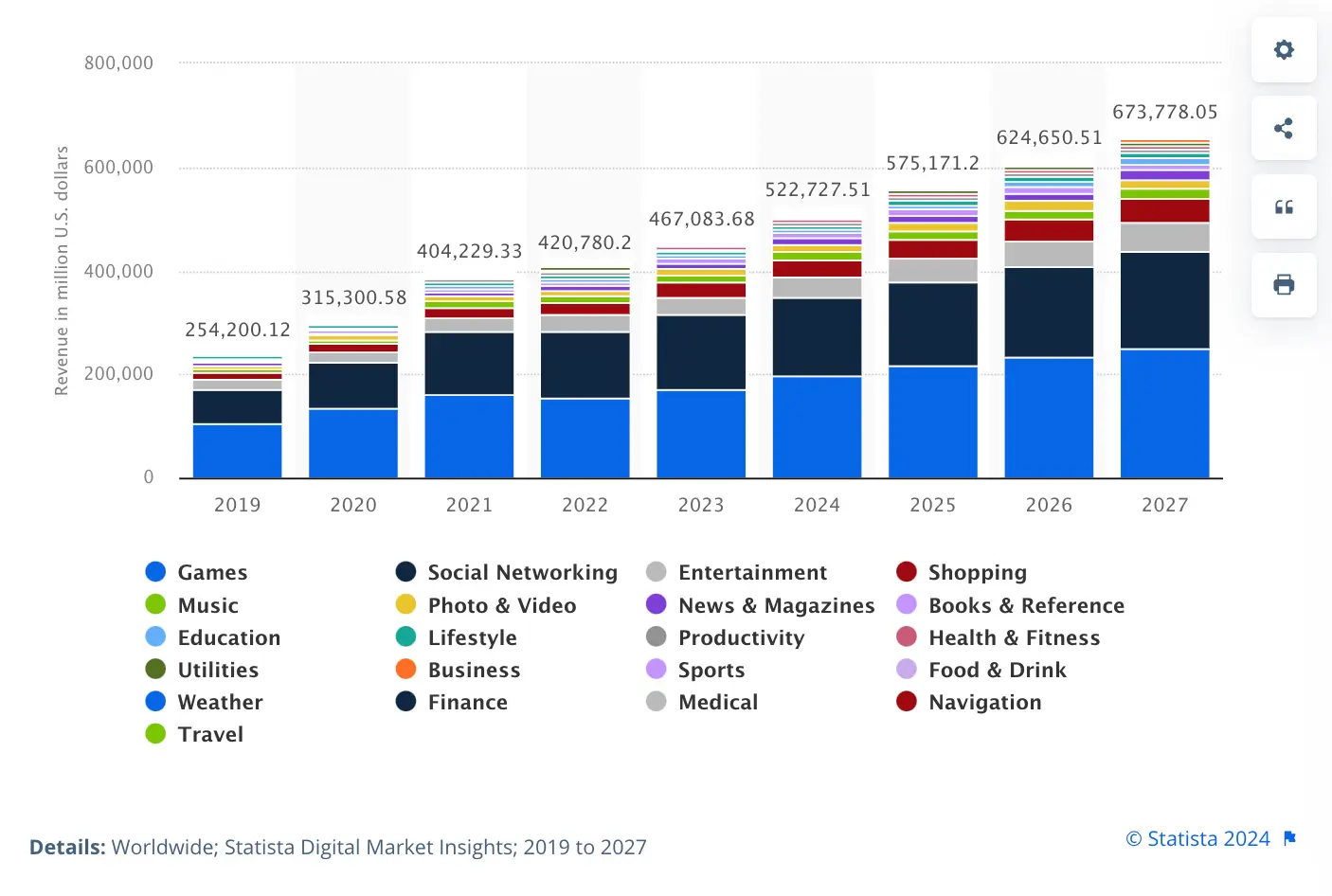Why Mobile Apps Are Becoming Essential for Small Business Survival
In an era where smartphones are central to daily life, small businesses face a clear choice: adapt or risk falling behind. Mobile apps are no longer a luxury reserved for major corporations with deep pockets. Today, even the smallest operations—from boutique retailers to independent contractors—are discovering that mobile app development is not only within reach but increasingly necessary.
The shift is driven by more than just convenience. Mobile apps can reshape how businesses operate, engage with customers, and generate revenue—offering capabilities that websites and social media pages alone can’t match.

Why More Small Businesses Are Turning to Apps
For many small business owners, the idea of developing an app once seemed outlandish—too costly, too complex, and too time-consuming. But times have changed. Advances in development platforms, combined with affordable pricing models and shorter turnaround times, have brought mobile apps into the realm of practicality.
Here’s why more small businesses are jumping in:
1. Driving Sales Through Simplicity
A well-designed mobile app can remove barriers between a customer and a purchase. Apps provide a direct, streamlined experience: no need to open a browser, type in a web address, or log in each time. Instead, a few taps are all it takes to browse inventory, book services, or check out.
Features that directly support sales growth include:
Fast and frictionless checkout flows
Saved payment information
Mobile-exclusive promotions
Easy-to-navigate product catalogs
An app also opens the door to global reach. If your products or services can be offered beyond your immediate area, a mobile app can help you access new markets around the world—without expanding your physical footprint.
2. Strengthening Brand Loyalty
A mobile app can do more than just facilitate transactions—it can build an emotional connection with your customers. When a customer downloads your app, they’re essentially inviting your brand into their personal digital space. That’s a level of access few other channels provide.
Consider the ways apps can enhance your brand presence:
Personalized push notifications with meaningful updates (not spam)
Branded design that reinforces your business identity
In-app customer service that feels responsive and human
Loyalty programs and rewards integrated directly into the app
The more useful and intuitive your app is, the more likely customers are to use it regularly—and keep your business top-of-mind.

3. Creating New Ways to Engage
Mobile apps also enable you to interact with customers in real time, often in ways that other platforms can’t. For example:
Location-based alerts can notify users about nearby deals or events.
Embedded chat can help answer customer questions without requiring a call.
Social sharing tools can encourage users to spread the word about your products organically.
Apps can also sync with your other platforms—your website, Instagram, or customer portal—creating a more unified experience across your digital presence.
4. Increasing Operational Efficiency
Not all app benefits are customer-facing. Many businesses use internal or hybrid apps to streamline back-end operations. For example, service providers like electricians, landscapers, or home repair technicians can:
Access project details offline
Show potential clients past work or portfolios
Generate quotes or invoices on the spot
Accept payments in the field
Even businesses that don’t seem “tech-focused” at first glance—think golf courses, yoga studios, or local cafes—are finding value in apps that handle bookings, manage customer accounts, or automate communications.
5. Expanding What’s Possible for Small Teams
For smaller operations, time and staffing can be major constraints. A thoughtfully designed app can extend your capacity:
Allow customers to self-serve (bookings, cancellations, questions)
Automate regular communications like appointment reminders
Collect data on customer behavior to inform future marketing
This means your team spends less time on repetitive tasks—and more time on the work that actually grows the business.
Mobile apps aren’t just for tech startups or enterprise giants anymore. They’ve become essential tools for any small business looking to stay relevant, grow their customer base, and deliver exceptional service in an on-demand world.
As smartphone usage continues to climb and consumer expectations shift toward faster, more personalized experiences, investing in a mobile app might not just be a smart move—it might be a necessary one.
By Swaleh Saigal